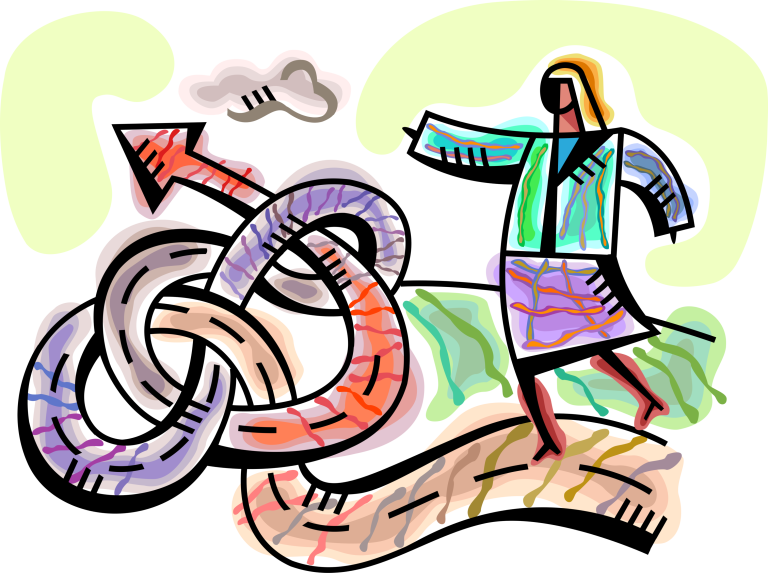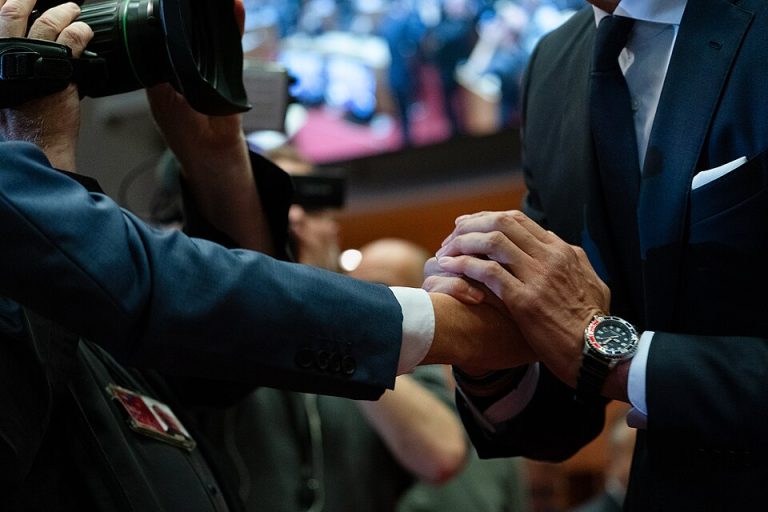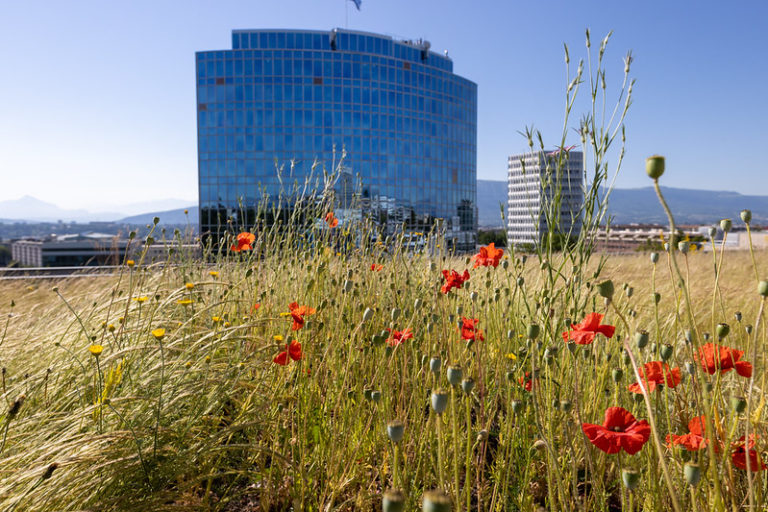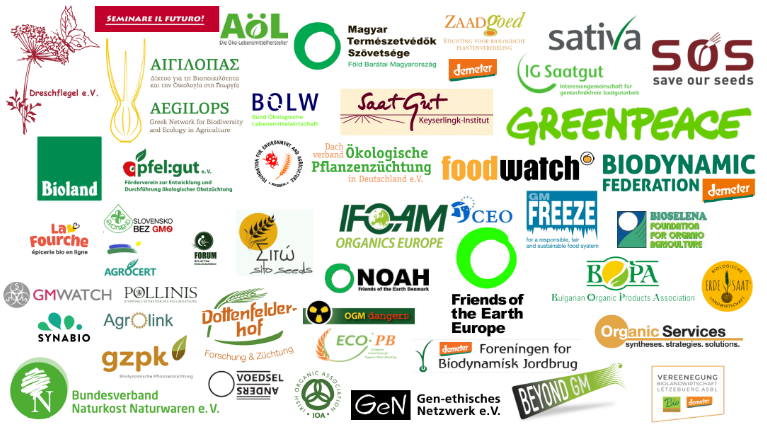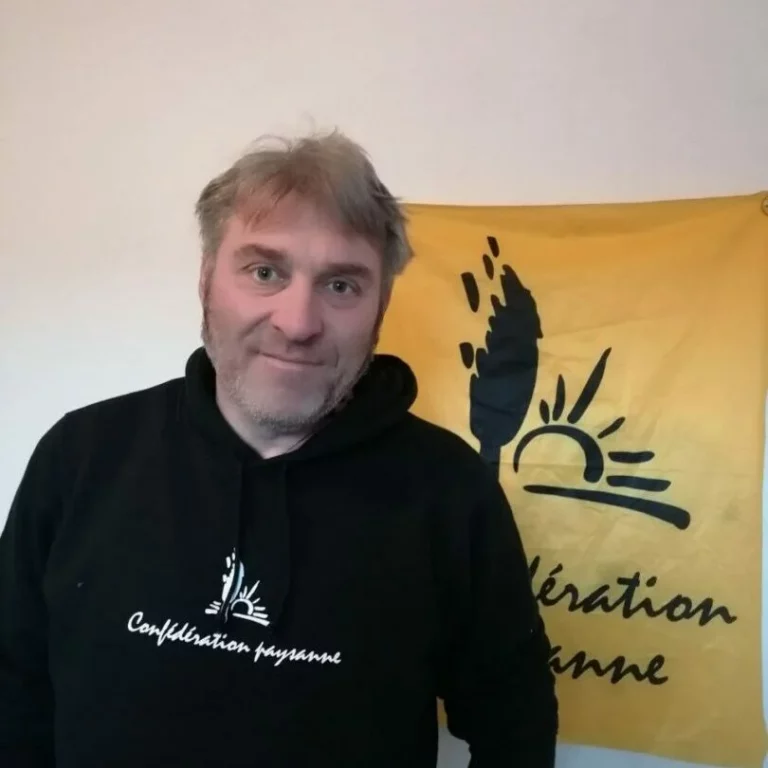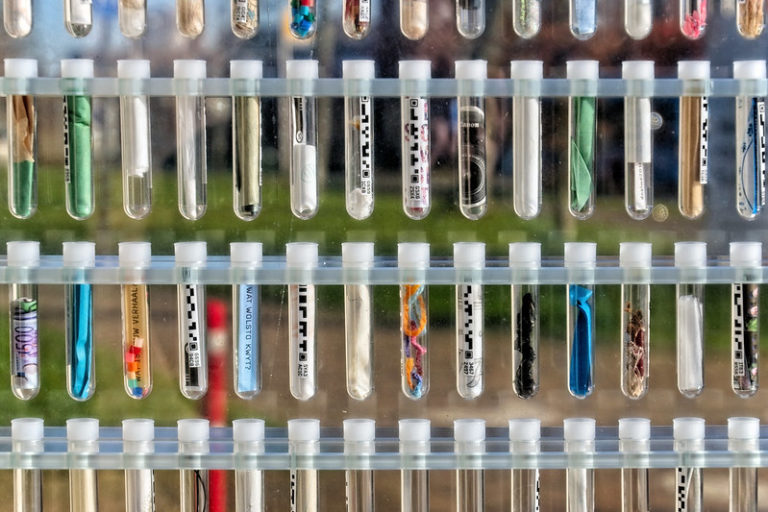A Dutch seed company faces up to KWS patents
Inf’OGM interviewed a Dutch seed company that has developed a cold-resistant “organic” maize and that feels threatened by KWS patents. She tells us the story of her company Nordic Maize breeding, of her certified organic maize, of its likely future contamination by GMOs/NGTs…
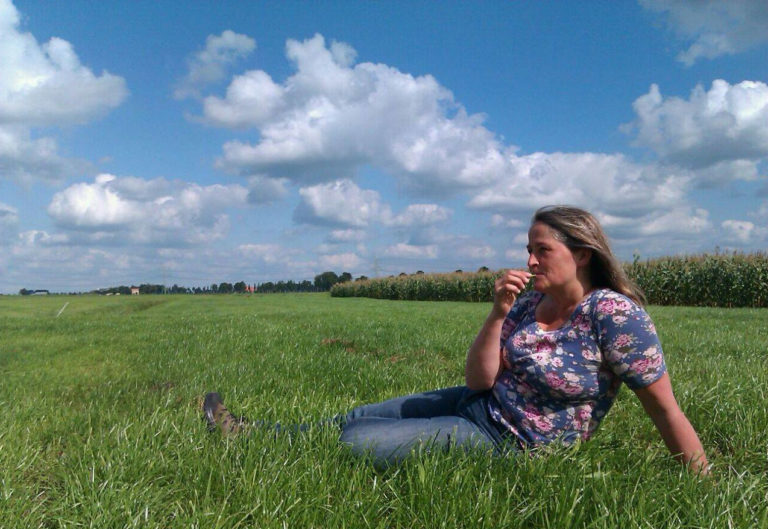
Inf’OGM reported on how two seed companies now find themselves under threat of prosecution. Inf’OGM interviewed one of these two breeders, Grietje Raaphorst-Travaille, co-founder with her husband of Nordic Maize breeding (NMb). Originally a biochemist, then a chemistry teacher, she first worked in a laboratory and then in plant breeding from 1990 onwards. With her husband, they worked for VanderHave, a Dutch seed company, which they left in 1997 shortly after it was taken over by the British company Zeneca. They officially founded NMb in 2002.
Inf’OGM – How does Nordic Maize breeding work?
Grietje Raaphorst-Travaille – We work with certified organic farming. We don’t have a farm as such, and we don’t even own our own fields. We work with farmers. They sow the maize and we manage the seed production. But our varieties are protected by plant breeders’ rights. As well as maize, we are also developing winter peas, which go very well with early-harvested maize. If you harvest your maize on time, you’ll have plenty of time to plant your winter peas. These crops also protect the soil in winter and allow farmers to produce more protein themselves and feed their animals in a more diversified way. This is not so common in the Netherlands. Farmers generally stick to a single annual crop and aim for the highest possible yields.
What motivated the creation of Nordic Maize breeding?
Having moved to the north of the Netherlands, we found that maize was harvested in November and December, which is disastrous for the soil because, at that time of year, the soil is far too wet for harvesting. So we thought we could develop a maize crop that could be harvested earlier. This was the main objective of our regional breeding programme. So we started breeding maize with earliness as its main characteristic. To do this, we gathered genetic resources from different locations and established collaborations with other breeders. The seeds also come from seed banks and exchanges. By speeding up our selections, we were able to obtain our first cold-resistant maize variety for organic farming in 2008, in just 6 to 7 years. We don’t need in vitro genetic modifications, which don’t really develop any faster. It also depends on the traits you select, of course. We simply need more good breeders to develop certain traits quickly.
Was this the first time that cold-resistant maize had been developed in the Netherlands? Was it made available to seed companies who could analyse it to identify cold resistance traits?
Cold-resistant maize is a common characteristic of maize and has been described in the literature for a long time. It is very useful in the north of the Netherlands because of the short growing season. We are certainly not the only ones to select for cold hardiness.
How did you find out about the KWS patents?
No Patents on Seeds, a European coalition that opposes patents on seeds, was looking for contacts of maize breeders. They contacted me in October 2022 and informed me that the German company KWS held four patents: one on the digestibility of maize, and one on a genetic locus that KWS says is that of cold resistance. KWS claims to have worked on their inbred lines, 86% of which are said to contain this cold resistance ‘gene’ [Editor’s note: inbred lines are used to create hybrid lines in order to take advantage of the effects of heterosis, i.e. an increase in the capacity and/or vigour of a hybrid compared with its parents]. The third and fourth patents relate to the screening of the genetic sequence of the patented genes.
You said that, in your opinion, several characteristics need to be expressed by the plant for it to withstand the cold?
Cold hardiness is not due to the expression of a single gene. The same applies to the other characteristic patented by KWS, digestibility. I find it very strange that a single characteristic of a maize plant can be patented. It’s much more complex: it’s the combination of several elements that makes a maize resistant to the cold or more digestible. [Editor’s note: in theory, a patent can be limited to claiming a single gene as responsible for cold resistance, provided that it can be shown to be the essential characteristic for conferring this resistance trait on the plant].
Do your winter peas have any particular resistance? Do you have any other crops that could be threatened by patents?
Winter peas have particular characteristics, but this crop is not economically comparable to maize, and I don’t think we’re worried about that.
What will you do if KWS takes action? Will you leave your maize on the market? Will you wait until the end of the opposition procedure in Europe? [Editor’s note: the European Patent Office allows anyone to lodge a reasoned objection to the granting of a patent.]
My aim is, of course, to leave maize on the market. I don’t know what we’ll do if we get a letter from KWS. I can’t imagine what we’ll do. We don’t know if we’ll go to court. I think it’s really strange that we have to deal with these issues.
Is this the first time you’ve had a problem with patents?
I wouldn’t say there’s a problem yet. But yes, this is the first time we’ve heard of a patent on maize. But with the proposed deregulation of NGTs, there will be many more patents. I really have no idea what could happen. It’s a real problem because we can’t test the seeds we sell to farmers to see whether they are free of patent rights or not, or even whether they are free of new GMOs (NGTs) [editor’s note: this would be possible – regardless of the costs though – if companies were to provide a method of detection, identification and traceability]. We test them to see if they contain old transgenic GMOs. This is a requirement of the organic sector, at least in Germany. The analyses have to be sent with the seeds. But with the new GMOs, we can’t do that and we can expect the new GMOs to be patented. This poses an enormous risk to breeders and farmers, which they will not be able to reduce. There is also a major risk for our contractors who plant maize for farmers. They mix different varieties of maize in their machines. Our maize production fields can also be contaminated during the phase between harvesting and bagging, but the biggest risk is in the farmers’ fields [editor’s note: the farmers’ fields would be contaminated by machines carrying GMO residues].
Are you saying that you could fall victim to contamination because a machine that comes to work in your fields contains seed residues that are not yours?
Yes, of course. We sometimes use the machines of our agricultural contractors to sow our seeds, and we regularly ask the users of these machines to guarantee that they have been cleaned. But at sowing time, contractors and farmers are so busy that they don’t take the time to clean the machines. Every time I use a contractor’s machine, I can easily find a handful of treated, non-organic seeds. They’re red, so they’re easy to spot. The same thing will happen with GMOs, only worse, because I won’t be able to recognise them. However, the biggest risk is not in the field I’m working in, because of course I control our seed production. Our uncontrollable risk is that of the farmers who buy my seed varieties, when they use contractors. They don’t clean their machines and put my varieties on whatever is left in their machines.
Do you know of any other stories like yours that have affected other seed producers or farmers?
Numerous patents exist on other plants such as peppers, cauliflower, lettuce and tomatoes […]. Another Dutch company (De Bolster) is also involved in breeding and is facing patent issues.
NTGs are patentable, so to say that patents on NTGs will be banned makes no sense [Editor’s note: see our article explaining the scope of process patents: Denis Meshaka,“Excluding GMOs/NGTs from patentability would be an illusion” , Inf’OGM, 4 March 2024.]. The multinationals do not accept this. In fact, they want to obtain patents and say that they will grant licences free of charge. This is what Bayer does on its website, for example.
Last week, I attended an online seminar on intellectual property issues organised by a group of European academics. I asked how I could keep my seeds free. The discussion was totally disconnected from what happens in practice. There was only talk of measures to be taken in the future, there was a total lack of urgency and they didn’t realise that there are already a huge number of patents! The strategy of Bayer and other big seed companies is to deregulate NTGs and offer free licences. I think that either you have the rights or you don’t and then you pay for them. I don’t want a free patent licence. Even if I don’t have to pay, I’ll never have total freedom of choice, I’ll remain dependent and that’s neither acceptable nor desirable. In a situation of dependence, as a maize breeder, we would never have developed a maize as early as the one we have developed. True innovation requires creativity, and creativity can only be born of freedom. Because we are still the only ones to have been able to develop a maize that reaches maturity in 18 weeks.
Could you explain why you would still be dependent on a free patent licence?
A licence establishes a relationship of dependence with the patents of the multinationals, which will then decide how the selection is made. This is how it works. These multinationals select according to a marketing strategy and tell the agricultural sector what types of varieties are needed. They don’t ask the sector what it needs. With our maize, we had a very simple breeding problem: maize harvests too late, so we had to breed maize that harvests earlier. This would never have been a breeding objective for a multinational.
Are you afraid that a multinational, which has granted you a free licence, will disagree with you for one reason or another and take away your rights?
Exactly, you’re in a situation of dependence, you’re bound by contractual obligations. We are in the process of losing our independence in food production in the Netherlands, which is a very bad thing. We met the Minister of Agriculture a few months ago to inform him of the relative situation of patents, but he remains very much in favour of NGTs and their deregulation. The European Commission will indeed carry out a study on patents next year, but that will be too late because many patents will already have been granted. And thousands of patents have already been filed for NGTs. It should also be pointed out that multinationals are also behind many of the problems with pesticides. Agriculture has to change if we want everyone to have enough to eat. The Dutch are increasingly aware of this and support us, which is a good thing. The real transition has to come from the bottom up, not the top down.






